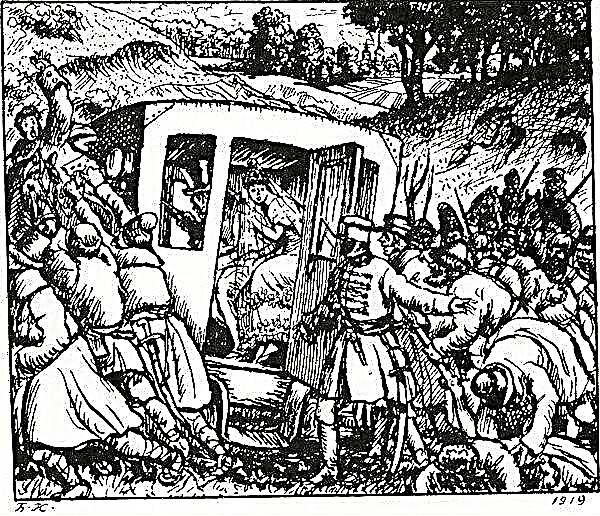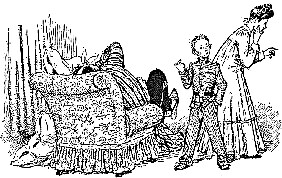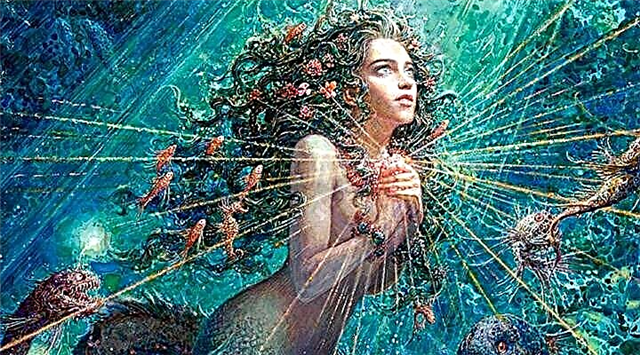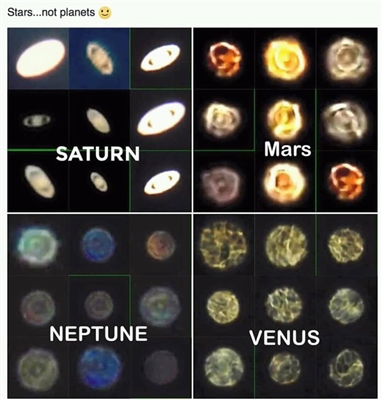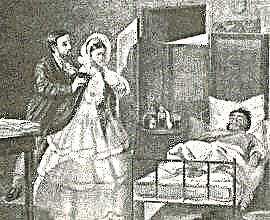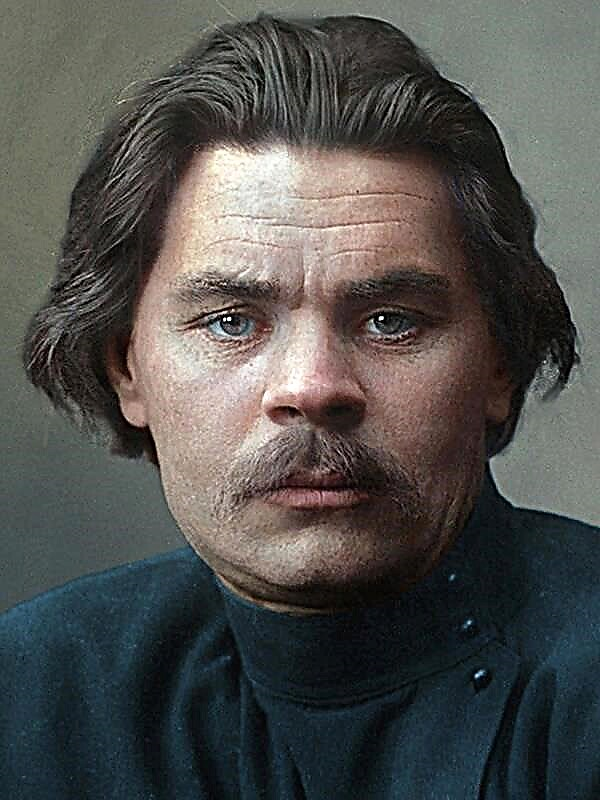The legend of Ulenspiegel and Lamm Hudzak, their adventures of the brave, funny and glorious in Flanders and other countries.
The book is preceded by the Preface of the Owl, which gives a double interpretation of the name Ulenspiegel. According to one version, it means "I am your mirror," according to another - "owl and mirror." The legend takes place in Flanders in the 16th century. In the city of Damme, a son, Til Uhlenpiegel, is born into the family of coal miner Klaas. He grows up a funny and mischievous guy, and often his leprosy is far from harmless. Once in the company, Ulenspiegel declares that prayers for the dead are beneficial only to priests, and one of those present informs him and accuses him of heresy. Olenspiegel is expelled from Flanders for three years, during which he must make a pilgrimage to Rome and receive absolution from the pope. Saddened parents, Klaas and Sotokin, remain in Damm. But most of all, the girlfriend of Til, Nele, the daughter of the good sorceress Katlina, is saddened. King Philip II, born at the same time as Ulenspiegel, grows sickly, pampered and cruel. Seeing that Philip burned his tame monkey at the stake, Emperor Karl wants to punish his son, but the archbishop intervenes: “His Highness will one day become a great burner of heretics.” Indeed, in the flowering land of Flanders, bonfires light up one after another, with the help of which the church protects its purity from heretics. Katlina is accused of causing damage to a neighbor's cow (in fact, Katlina simply could not cure her). She is tortured, from which she is damaged in her mind. Ulenspiegel, having spent the time in exile, having tried a lot of classes, crafty and cheating, receives absolution and returns to Damme. On the eve of his return, Klaas was imprisoned on charges of heresy. The neighbor, the foreman of the fishermen, Jost Grapestuver, reported to him, looking after his brother sent money to Klaas. Klaas is burned at the stake. After his death, Sotkin and Ulenspiegel come to the place of execution and take a little ash - from where the flame burned a deep hole in the place of the heart. Sotokin sews a bag of red and black silk, and Ulenspiegel has since worn it around his neck, repeating from time to time: "Klaas's ashes beating against my chest." The widow and son of the executed are tortured to find out where the money is hidden, but they are silent.
Kathleen, having smeared a miraculous ointment, has a vision: coal miner Klaas and Emperor Karl appear before Christ, who sits on a starry throne. The mother of God lifts the soul of the laborer Klaas to the highest of the mountain dwellings, and there, washed by angels, he becomes young and beautiful. And the soul of the emperor Karl, a cruel despot and tyrant, the destroyer of his country, goes to hell.
Katlin is visited at night by her lover, the “black demon,” as she calls him. He announces his arrival with the cry of an eagle. The demon extorts money from Katlina, and one day she speaks to him that the money of Sotvkin and Ulenspiegel are hidden at the well. On the same night, having drunk Katlin with sleeping pills, the lover kills the dog and steals money. Sorokin becomes ill and dies of grief. Ulenspiegel wants to take revenge on the fishman, but, having met him, having seen how vile and miserable he is, he throws him into the canal. Ulenspiegel comes to Katlina for advice. “Klaas’s ashes are beating on my chest, I want to save the land of Flanders,” Til says. “I asked the Creator of heaven and earth, but he did not answer me.” Katlina promises to help him, but on condition that the girl who loves him takes him with him on the Sabbath of the spring spirits, "Easter of the juice of the earth." After drinking miraculous fluids, Nele and Ulenspiegel are present at the spring festival of spirits. Spirits discover mortals and throw them one over the other until they face the throne of the soaring. Uhlenshpiegel finds composure and courage to tell what brought him here the desire to save his tormented land. In response, the couples and the queen of spirits, and after them all the others begin to sing, and from their song it follows that Ulenspiegel “in death, in blood, in devastation, in tears” should look for Seven. Ulenspiegel and Nele are unable to understand the meaning of the song, and the ruthless hand of one of the spirits throws them into the abyss. Til regains consciousness and sees Nele lying nearby.
Ulenspiegel leaves in search of the Seven. His companion is a good-natured fat man, a lover of good food and drink, Lamme Gudzak, who is looking for his wife who left him. Nele escorts Ulenspiegel and cannot possibly part with him.
King Philip establishes a Spanish Inquisition in the Netherlands. Throughout the country, the fire of popular anger is engaged. The rebels for independence call themselves "Gyuza", that is, the poor. Ulenspiegel and Lamme join the gesies. Everywhere, wherever he can, Ulenspiegel sows a storm and raises the people against the executioners tormenting their native land. The Duke of Alba with his troops lutes. Count Egmont and Count Horn have already been executed. The Prince of Orange, nicknamed the Silent, is gaining an army. Ulenspiegel recruits a soldier for him. Walking past the ruins, seeing blood and tears everywhere, he is lost in conjecture who will save his homeland. And Philip does not find a place for longing and anger. He is not comforted even by thoughts of those times when he will concentrate in his hands power over all of Europe. He deals with his son, with his wife, with the courtiers, feeling neither joy nor grief.
Uhlenshpiegel shares with the army of Silent victory and defeat. Once he says of himself: “I come from the beautiful Flanders <...> I am both a painter and a peasant, I am a nobleman, I am also a sculptor. And I wander through the wide world, glorifying all the good and beautiful, and laughing at stupidity until I fall. ” But Ulenspiegel also intervenes in the course of events, punishing the villains and helping the offended. He takes to the open water the corrupt Spella, who has killed many people, including the girl’s brother Bolkin, Mikhilkin. Ulenspiegel’s thoughts often return to Nela and to Damme’s hometown. At this time, a werewolf, a murderer-wolf, appeared in the vicinity of the city. Once Katlin barely escaped him. Once in Damm, Ulenspiegel decides to catch a werewolf and sets a trap on it. The killer who was robbing his victims turns out to be the same fisherman, Jost Grapestuver, who once killed Klaas. He “bit” the neck of those whom he managed to trap, using a waffle iron with long sharp teeth on the sides. Rybnik is tried and sentenced to be burned. King Philip has fun playing on the "harpsichord", a box of cats. When the king hit the key, she pricked the cat, and the animal mewed and squealed in pain. But the king did not laugh, as he did not laugh and sending killers, as he did not laugh, satisfying his voluptuousness.
Til Uhlenshpiegel and Lamme Gudzak begin to serve on the ship of Admiral Dolgovyazy. And in Damma, Katlin recognizes her lover, the “black demon,” in the retinue of the new governor of the city. He renounces her, but Nele talks publicly about the relationship between Katlin and Hans, as he is called by the poor insane, and that he killed his friend Gilbert near the gateways. The viceroy detains Joos Damman, he is Hans, he is the beloved devil of Katlin. Katlin, thinking that helps Hans, finds a buried body. She is also imprisoned and, like Damman, tortured. Nele brings to court the letter she found to Damlin Katlina, and another of his letters is found in the bag of the late Gilbert. Damman is found guilty - in witchcraft and murder. It is burned at the stake. Katlina is tested with water in the canal. She drowns, that is, she turns out to be not a witch, but after being dragged out of water without feelings, hardened, she cannot recover and dies on the third day. Orphaned Nele moves to Holland.
Ulenspiegel becomes a skilled gunner and an excellent warrior. He is agile and tireless. “I don’t have a body, I only have a spirit,” Til replies to questions, “and my friend Nele is like me. The spirit of Flanders, Love of Flanders - we will never die. ” Uhlenshpiegel stands up for the monks, who were supposed to be released after they surrendered, but did not let go. “The soldier’s word is the law,” he says and stands his ground, although intercession almost costs him his life. Nele saves from the gallows of Ulenspiegel by announcing that he is taking him as husband - according to local customs, this is possible. She becomes the chipper on the ship where Ulenspiegel serves. Gyoses suffer a series of setbacks. Nele, Ulenspiegel and Lamme are captured and, together with others, are imprisoned in a former monastery. But the captives are freed, and Ulenspiegel with Nele and Lamme return to the ship. Lamme make ship coca. Ulenspiegel appointed captain of the ship. Victory smiles at the gesam again. In one of the skirmishes, the gyuza are captured by a fat monk. Lamme begins to fatten the monk, who soon becomes thicker than himself. Lamme is injured in the thigh. And then the wife he had been looking for for so long visited him and bandaged him with a wound. She explains that she left Lamma, obeying the calls of a monk who persuaded women to celibacy. This is the same monk that Lamme feeds. Lamme with Kalleken returning to him say goodbye to the Kyuoz and leave the ship.
The General States convened in The Hague depose King Philip. The Netherlands is becoming free. And soon the assassin thrusts three bullets into the chest of the Prince of Orange. Ulenspiegel and Nele leave the fleet. They have not lost their youth, strength or beauty, for the love and spirit of Flanders do not age. Ulenspiegel becomes the watchman and head of the Veere tower. Once Nele and Ulenspiegel again anoint themselves with a magical potion and see the transformed Seven. Pride became Noble pride, Gentility was transformed into Thrift, Anger into Liveliness, Gluttony into Appetite, Envy into Competition, Sloth into the Dream of poets and sages. And Lust sitting on a goat turned into Love. Waking up, Nele sees in horror that Ulenschpiegel does not come to his senses. Caught nearby, the burgomaster and priest shouted joyfully: “Glory to God! The Great Goze died! ” - rush the burial of Thiel. The grave is filled up, the priest reads a memorial prayer, but suddenly the sand moves and Ulenspiegel rises from the grave.
“No one will be able to bury Ulenspiegel, the spirit of our Flanders, and Nele, her heart! Flanders can fall asleep too, but it will never die! Come, Nele! ” - with these words Ulenspiegel, hugging Nele, leaves.

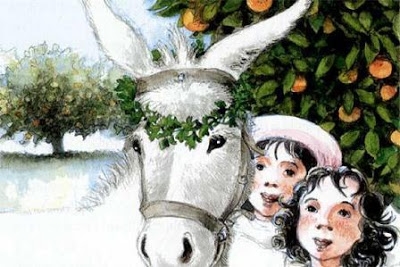
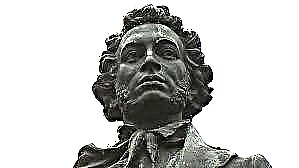
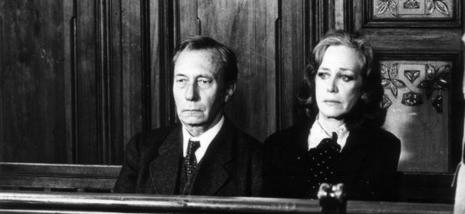
 Criminal mother
Criminal mother